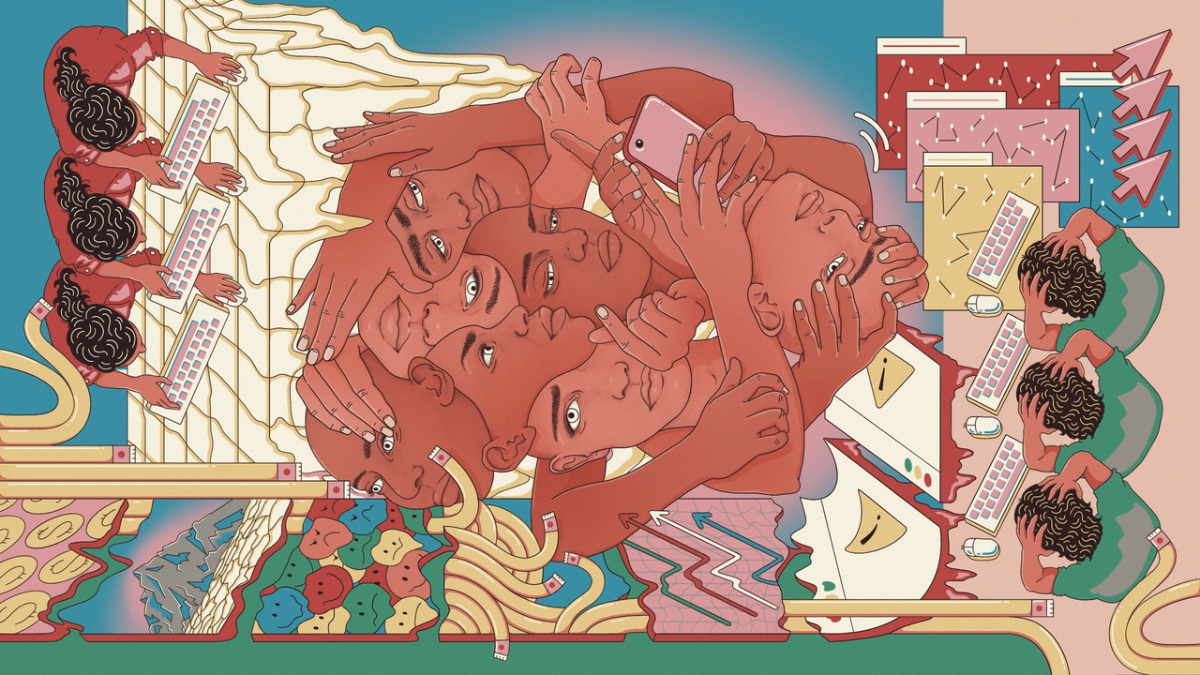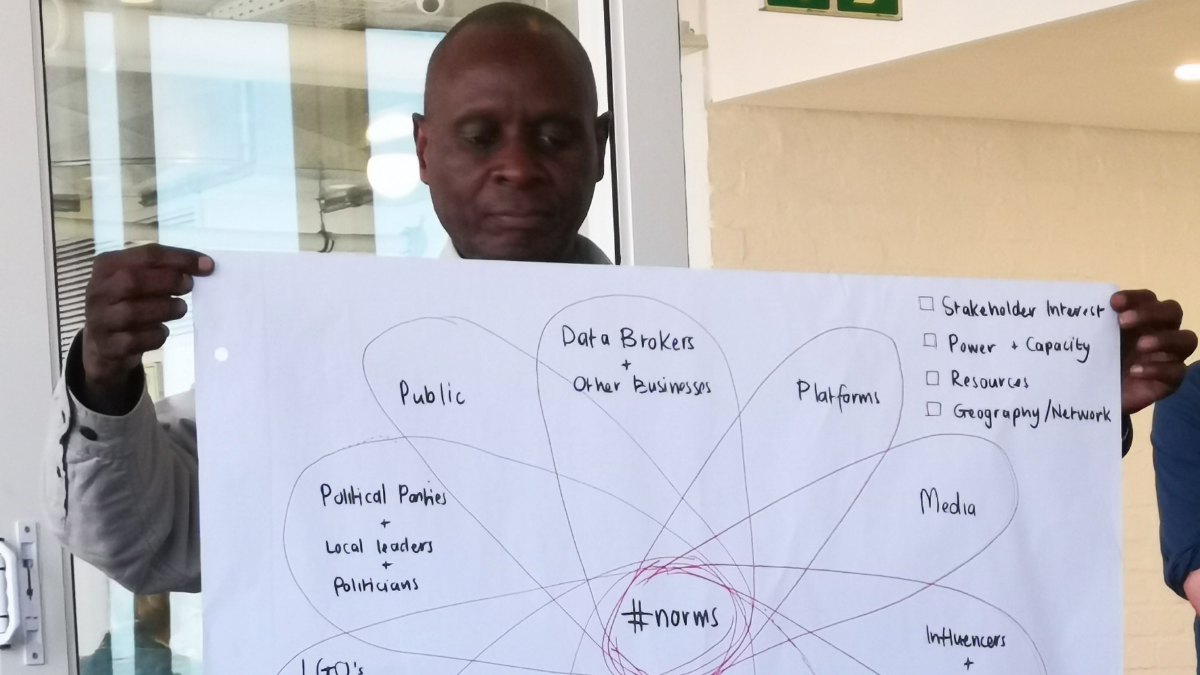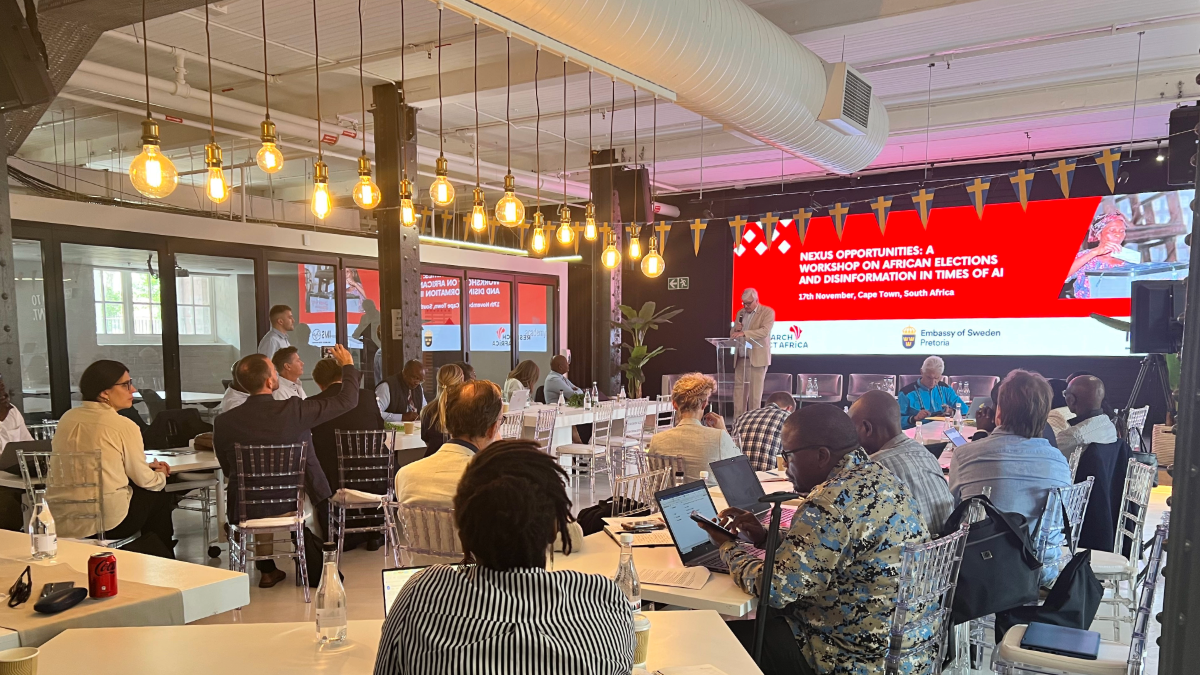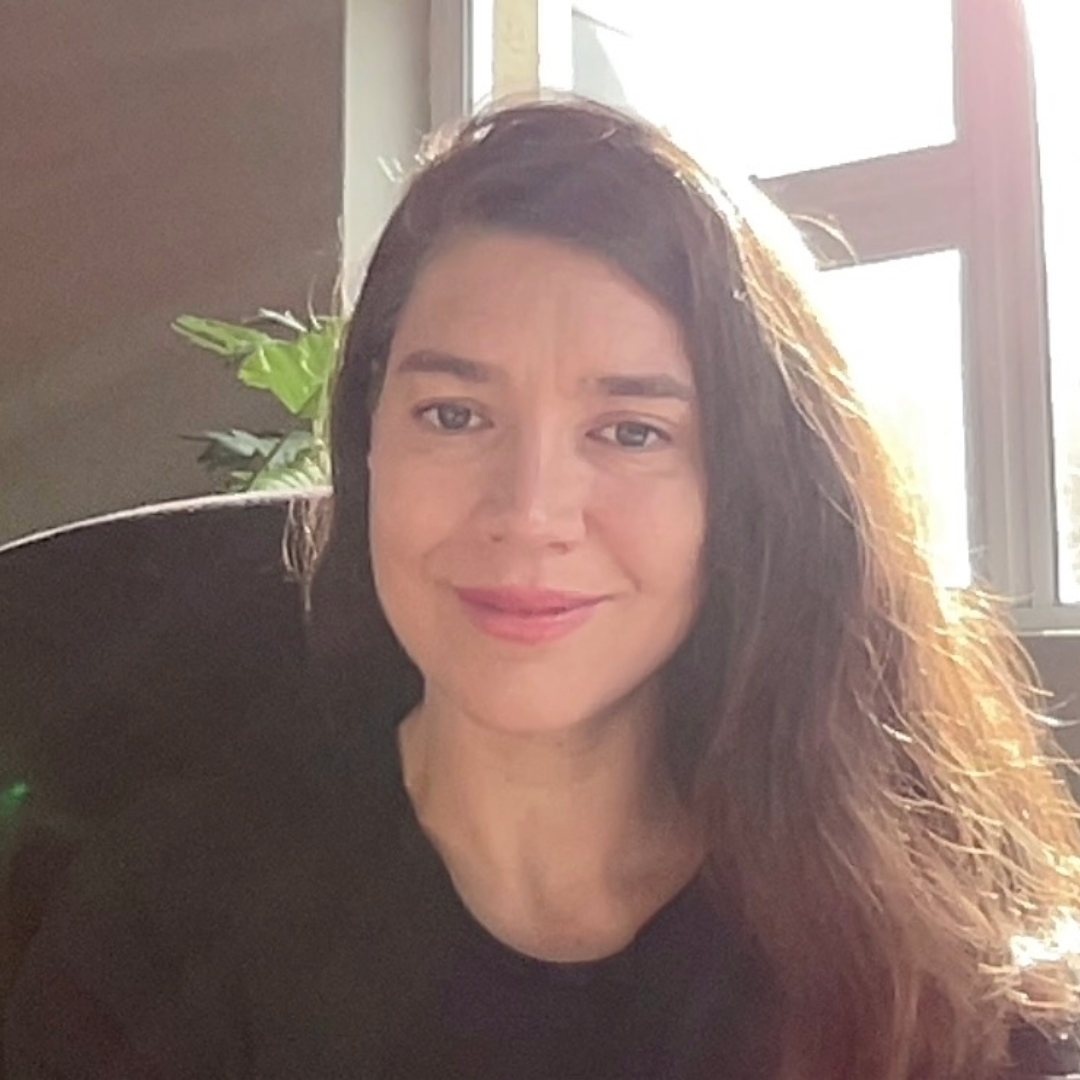Need for Data Access to Tackle AI-powered Disinformation in the Global South
Liz Orembo, Guy Berger, Natalie Simon / Dec 20, 2023
Clarote & AI4Media / Better Images of AI / User/Chimera / CC-BY 4.0
The spread of malicious lies or half-truths to forward a particular agenda is not a new or modern trend. But two recent factors are fueling the problem.
First, as is now well established, there is the ability of platforms using artificial intelligence (AI) to recommend and amplify this spread, distributing disinformation at an unprecedented scale.
Second, and even more worrying, is the ability of generative AI to create huge volumes of realistic content, such as deep fakes.
Together, and with the current configuration of these technologies, we face a super-charging of both the supply and distribution of content that threatens human rights. This converged affordance lends itself spectacularly to threatening the integrity of information.
In Africa, where elections are often volatile, the impact of disinformation and hate speech can be profound. In order to manage and address these impacts, as well as leverage possible opportunities, it is critical that African researchers, lawmakers, media, and civil society are able to dig deeper to understand the emerging effects of AI-powered disinformation on the continent.
This deeper understanding can only be possible through greater access to data, particularly data held by the big social media platforms which process, prioritize and distribute content at scale.
Much research is needed to understand not only what false and incendiary content is spread, but also to understand what bigger narratives are in play. This is because individual falsehoods are combined with truths and with opinion (which by its nature is not a matter or falsification). All this fuses into narrative themes, which help shape political action and ultimately democracy.
Analysis is also necessary to assess online behaviours and network patterns. This is in order to understand what information spreads organically and what is orchestrated, and where there are fake identities and automation being deployed.
Threat to democracy in the Global South
The issue of assessing the impact of digital configurations universally is important for human rights, peace and stability. For the Global South, social media platforms have expanded political participation spaces, fostering interactions between the governors and the governed. However, the algorithm affordances of these spaces - as elsewhere - also work to facilitate contamination with competing messages of hate and lies that spread to influence power.
The impact in less-established democracies is concerning. The contagion heightens risks of violence and violation of human rights and not least undermining women’s participation in politics. There is a strong element of online gender-based violence in many of these disinformation campaigns.
Research by Murmur Intelligence has revealed how many African politicians have effectively used cyber mercenaries for their political campaigns. These are private actors that, for a fee, tactically spread disinformation online and from online sources into offline spaces. In our own research at Research ICT Africa (RIA), we see an increase in activity from foreign actors who have spread disinformation around the Sahel region, which has seen a higher number of coups this year than previous years.

A researcher mapping power relationships at a workshop convened by Research ICT Africa in November 2023.
The need to understand these challenges is made more urgent by the threat of AI-supported disinformation by the articulation of generative AI with AI recommender systems that social media platforms use to rank and sort content flows. This convergence makes the volume and spread of disinformation not only more powerful, but also more difficult to detect.
In the Global South, disinformation and harmful narratives pose a particular threat to democracy before, during and after elections. At RIA, our research shows that anti-democratic narratives in several countries are already in motion, sowing seeds of apathy and cynicism among the electorate in some cases, and violent conflict in others.
An example is xenophobic narratives online. These are not just slogans; they are strategic tools that put blame for problems on immigrants rather than the government - with deadly potential such as in South Africa. It is likely in 2024 that some groups will attempt to discredit the electoral process itself, painting it as inherently biased. This tactic serves a dual purpose: not only does it undermine public trust in democratic institutions, it also lays the groundwork for further manipulation, especially if the results are unfavorable to certain parties. To what extent AI deployments worsen these risks, is a huge issue that needs monitoring.
The need to research these trends and the difficulty in the use and access of data
RIA, in partnership with the Action Coalition for Meaningful Transparency, is working to improve African researchers’ access to data held by platform intermediaries. In order to gain the insights into online content risks, platforms need to make their data accessible for public interest African research.
The European Union already recognizes this. Through the Digital Services Act, the EU requires technology companies to release their data for research into systemic risks. This is also happening to some extent in the USA, where researchers have formed coalitions to advocate for systematic access to data and some platforms are voluntarily availing data.
In the Global South, there have been hurdles to achieving the same. This is due to data access being provided more readily to researchers in the US and Europe by platforms like TikTok and X. In regions like Africa, the challenges include low lobbying power by civil society, little access to decision-making staff in platforms, and less supportive governments and lawmakers.
Researchers on the continent have to resort to tactics like scraping public-facing data, which is not always allowed by the platforms’ terms and conditions. Where access is bought, including via brokers, there are high costs and limitations of purpose. Researchers have to buy the same data again to analyze it for a different research question that wasn't specified earlier.
While research access for Africans is theoretically available from Facebook and YouTube, the datasets available are often more narrow than researchers would need to really understand the problems - particularly AI’s place in them. And as the case of X has also clearly showed, open access through APIs is not always guaranteed and it is up to the vagaries of the company’s management.
Access to social media datasets is the first critical step to better understanding online narratives, and how they translate offline. At the same time, African researchers also know they need to conduct traditional research such as interviews and surveys to understand the nuances and meanings of online narratives in a continent still facing huge digital divides. A qualitative and contextual lens needs to be applied to quantitative analysis, placing a double challenge on African researchers.
Advocacy for change
In November 2023, RIA, in partnership with the Swedish International Development Agency (SIDA) and the International Media Support (IMS) convened a group of experts including data scientists, media, academics and digital rights civil society organizations, at the end of November, to discuss these issues.

Researchers convened by Research ICT Africa.
This workshop was the first step towards building an alliance between the diverse groups to begin a campaign for greater access to the data held by tech intermediaries. The aim is that we, the African media, researchers, lawmakers, civil society, and others, have the knowledge we need to work towards a more democratic Africa.
To build a culture of democracy and human rights on the African continent, we need to be able to shine a light into the shadows, to examine whether platforms’ and AI are functioning as part of the problem or solution.
Without this, we have little chance of countering the factors and actors working to destabilize our democratic project. This is why Africans today are asserting agency, and calling for parity in access to platform data with their research counterparts in bigger tech markets. In 2024, they’ll engage the African Union as part of this quest.
Authors


